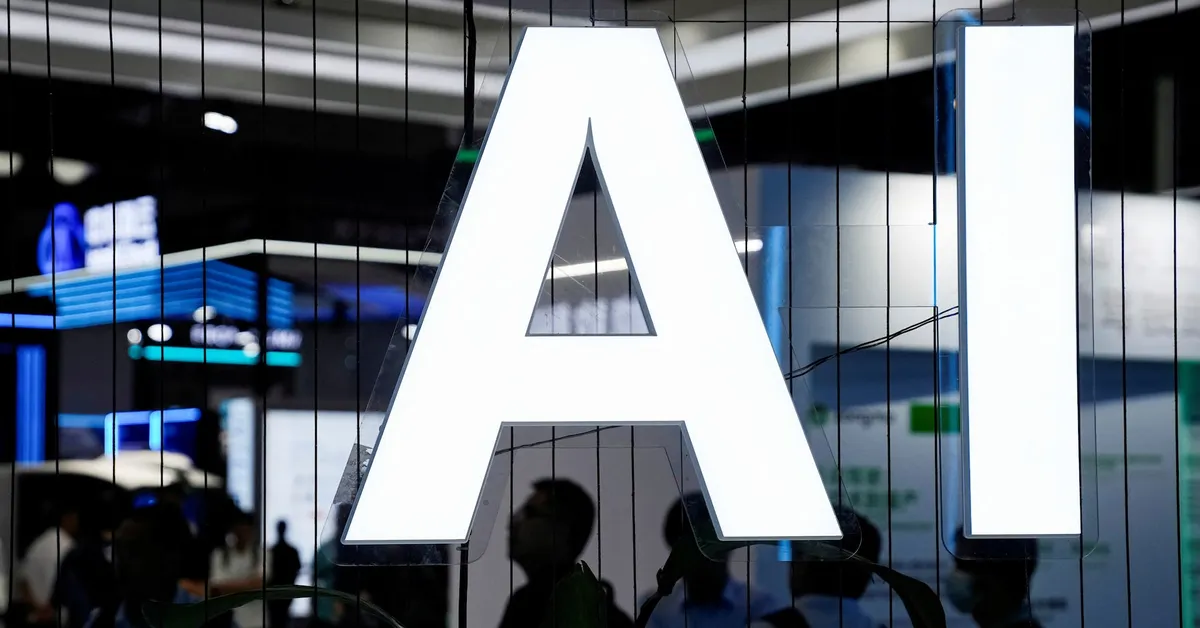
On June 9, 2023, a significant copyright lawsuit initiated by Getty Images against the artificial intelligence company Stability AI commenced at London's High Court. This lawsuit marks a critical moment in the ongoing debate over the intersection of copyright laws and the rapidly evolving field of generative AI.
Seattle-based Getty Images, renowned for producing editorial content and creative stock images and videos, accuses Stability AI of unlawfully utilizing its images to train the Stable Diffusion system. This AI model is capable of generating images based on textual prompts. Getty claims that Stability AI scraped millions of images from its websites without permission, which raises serious concerns regarding intellectual property rights.
In addition to the proceedings in London, Getty is pursuing a parallel lawsuit against Stability AI in the United States, emphasizing its commitment to protecting its intellectual property. Before the trial commenced, a spokesperson for Stability AI asserted that the lawsuit represents a broader conflict concerning technological innovation and the freedom of ideas. They argued that artists utilizing their tools create works that are built upon collective human knowledge, which is central to the principles of fair use and freedom of expression.
During the court proceedings, Stability AI lawyer Hugo Cuddigan claimed that Getty's lawsuit posed a significant threat not only to Stability's business but also to the entire generative AI industry. However, Getty's legal team firmly countered this argument, asserting that their case centers on the enforcement of intellectual property rights rather than a conflict between creatives and technology. Getty's lawyer, Lindsay Lane, emphasized that a favorable outcome for Getty Images would not signify the demise of AI, but rather highlight the need for a balanced coexistence of creative industries and technological advancements.
Lane further expressed that copyright works and database rights are essential for the growth and success of AI technologies. The crux of the issue lies in the actions of AI companies like Stability AI, which seek to exploit these works without providing appropriate compensation.
This lawsuit is one among several legal actions taken in the UK, US, and other jurisdictions regarding the use of copyright-protected materials for training AI models. Following the widespread adoption of tools like ChatGPT over the past two years, the creative industries are grappling with the legal and ethical ramifications of AI-generated content.
Prominent figures, including music legend Elton John, have advocated for stronger protections for artists in light of these developments. Legal experts suggest that Getty's case could significantly influence copyright law and shape future government policies regarding copyright protections in the context of AI.
As legal experts point out, the current landscape is uncharted territory, and the outcome of this case could set crucial precedents for copyright law in the age of artificial intelligence. Rebecca Newman, a lawyer at Addleshaw Goddard, noted that this case will play a pivotal role in determining the boundaries of copyright monopolies in the UK as they adapt to advancements in AI technology.
Cerys Wyn Davies from the law firm Pinsent Masons highlighted that the High Court's ruling may significantly influence market practices and the UK’s attractiveness as a jurisdiction for AI development. As the trial unfolds, the implications of this landmark lawsuit will undoubtedly reverberate throughout the creative and technology sectors.